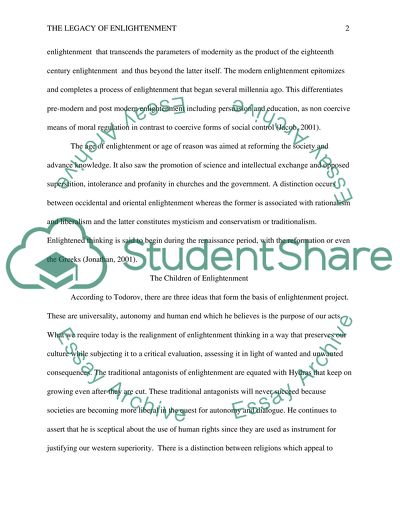Cite this document
(“The Legacy of Enlightenment Essay Example | Topics and Well Written Essays - 2000 words”, n.d.)
Retrieved from https://studentshare.org/philosophy/1453117-in-attempting-to-draw-a-comprehensive-analysis-of
Retrieved from https://studentshare.org/philosophy/1453117-in-attempting-to-draw-a-comprehensive-analysis-of
(The Legacy of Enlightenment Essay Example | Topics and Well Written Essays - 2000 Words)
https://studentshare.org/philosophy/1453117-in-attempting-to-draw-a-comprehensive-analysis-of.
https://studentshare.org/philosophy/1453117-in-attempting-to-draw-a-comprehensive-analysis-of.
“The Legacy of Enlightenment Essay Example | Topics and Well Written Essays - 2000 Words”, n.d. https://studentshare.org/philosophy/1453117-in-attempting-to-draw-a-comprehensive-analysis-of.


